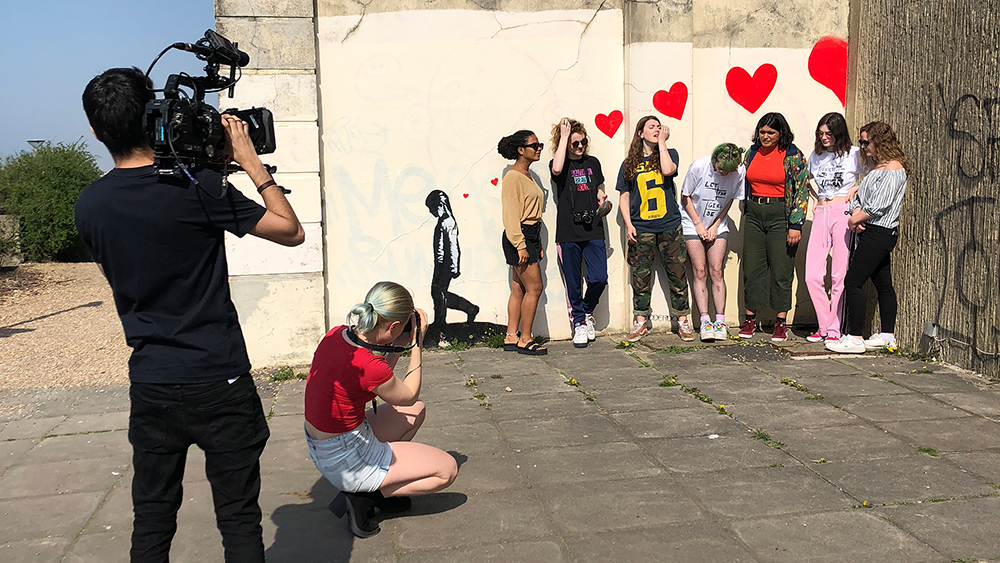As part of our ongoing research for Brighton5, we speak to those responsible for supporting children in some of Brighton’s biggest schools and colleges. We’re particularly interested in children’s mental health, one of our core focuses for the project. A recurring theme in our discussions is the lack of preventative approaches (and immediate referral support and resources). This means that, whilst warning signs are heeded, kids can’t always get the right help when it’s needed – early on.
This was brought into sharp focus today when the Education and Health & Social Care Committees published a damning report on the government’s new mental health strategy. They argue that the strategy is “failing a generation”. The World Health Organisation states that “up to 50% of mental disorders in adults begin before the age of 14 years“.
The report asks huge questions about the strategy for mental health provision, answers to which are missing from the government’s Green Paper. There’s a lack of focus on prevention, there is little joined up thinking on how different departments will work together, including a soloed culture – all of which has been exacerbated by cuts in services and a lack of funding. They say there’s a woeful lack of data around what provision is currently available in schools, an overstretched staff and issues with recruitment & retention, meaning that it’s unclear how the government will successfully implement the strategy – which the proposal seems to be to fund it from “within” existing budgets.
They also argue that the plan will take too long to implement leaving kids out in the cold – only 20-25% of the UK will be reached within 5 years.
At this point my blood was boiling. Our kids need help right now. Ten percent of 10-15 year olds in schools have mental health problems. We really can’t wait that long.
When we spoke to safeguarding staff for schools and colleges in Brighton, they told us that:
- Reported cases of mental health issues have increased exponentially in recent years
- Rates of anxiety in children have rocketed, with a notable change after exams were introduced in primary schools [which schools minister Nick Gibb refutes – he seems to think that more exams are the answer!?]
- Politics is adversely affecting education with swings in policy each time a new government is voted in has a huge effect on kids. Education should be free from political see-sawing.
- The amount of social media related problems have sky rocketed. Kids have very low awareness of what should and shouldn’t go on social media -bullying and body image issues need addressing.
- Funding for wrap-around courses has been stripped back. The exam system is now academic, paper-based and test-heavy – if this is the measure of success, it disenfranchises a large number of kids.
One safeguarding staff admitted: “We have to wait until it’s all gone wrong before kids are eligible for the right level of support, but some of these issues are preventable – parents and teachers can often see it coming. The system is combative instead of preventative”.
 We’re making a concerted effort over the next few weeks and months to raise our profile and drum up interest in Brighton5. Read all about it!
We’re making a concerted effort over the next few weeks and months to raise our profile and drum up interest in Brighton5. Read all about it!